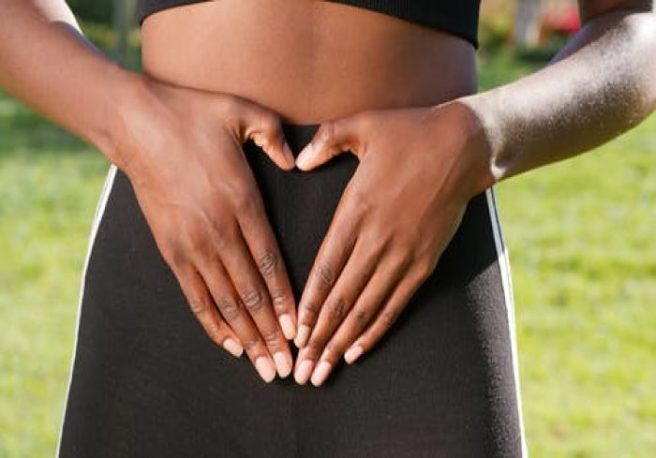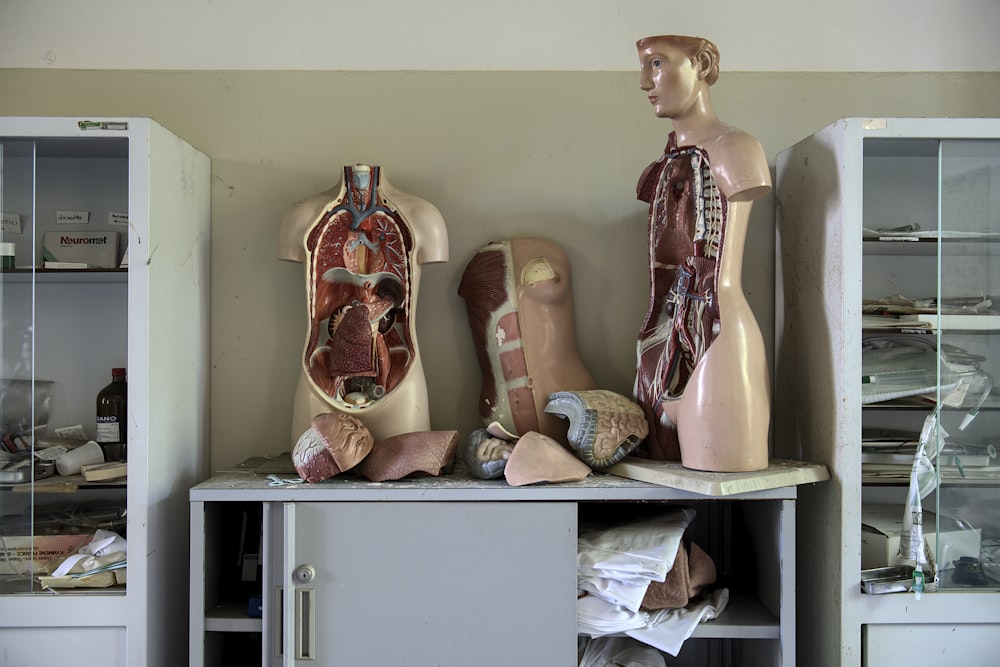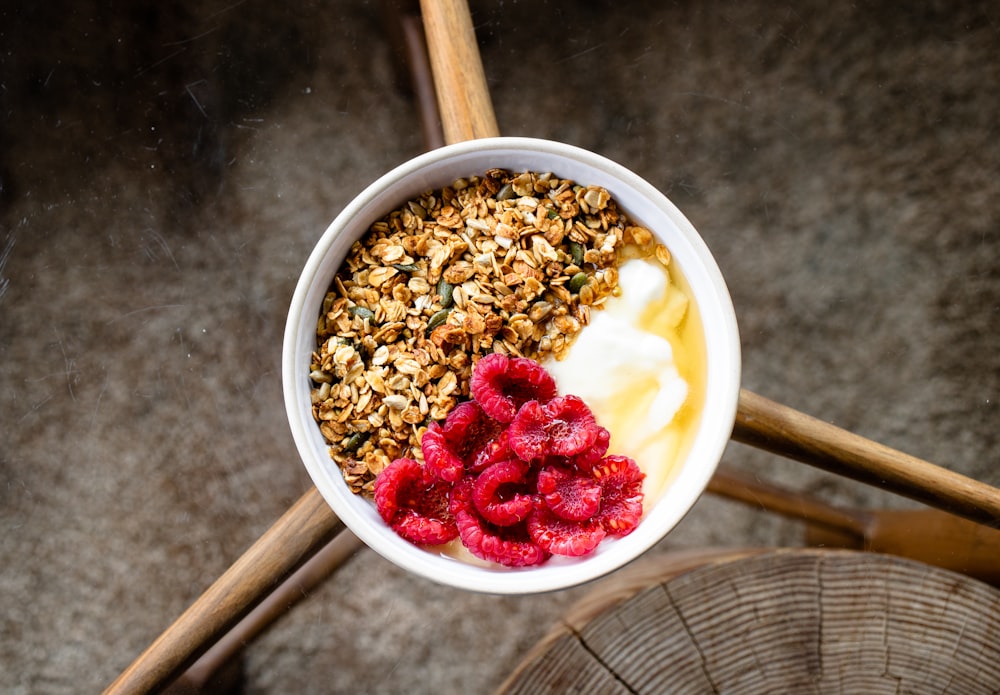
Looking after your yourself: 3 tips for better gut health!
Though its not often the first thing we think of when it comes to looking after our health, our gut health is actually a major influence in our overall bodily wellness. A hive of activity with all the different bacteria, they play an essential role in our digestion, immune system, weight regulation, controlling blood sugars and maintaining a healthy body weight. All of this is vital to improving our mood, reducing our risk of diabetes, allergies, asthma and digestive conditions such as Crohn’s disease and colitis.
All the bacteria or microbe population in your gut, regulate your body’s conditions and are beneficial bacteria, designed to help you keep healthy. But the balance of these microbes can be upset by many things, like too much of the wrong food or too little of the right ones, taking antibiotics or even lack of sleep!
Our gut wants lots of prebiotics, foods that encourage the growth of microbes in our gut, helping our body’s conditions to flourish. So that means that foods like vegetables and wholegrains are great for nurturing the bacteria that’s already in our body, while probiotics – things like certain cheeses, live yoghurts and fermented foods – introduce new bacteria into the gut that are useful for all the regulating that the gut does.
So how can we help our gut to achieve maximum effectiveness? What are the steps we can take to ensure that our guts are in optimum health?
Get lots of fibre in
We all know that fibre is good for our digestive system, but do you know why it’s essential? Fibre functions as a kind of roughage in our digestive tract, and most of us aren’t getting enough of it, leading to constipation or general trouble in relieving ourselves. Fibre is also a way to nurture the bacteria already in our guts and it’s important to try to fit in 30 grams of fibre a day. That could be from wholemeal bread, brown rice, fruit and vegetables, beans or oats. Fibre works to make out stool softer but also bulkier so that the muscles of our gut don’t have to work as hard to shift them along the intestine.
Watch what you’re drinking

We all know by now the importance of getting a good amount of water into your digestive system each day. The liquid softens your stools and allows them to pass through more easily, as well as fulfilling a variety of other important functions in the body.
However, drinks with caffeine can act as a laxative for a lot of people, which may sound like a good thing if you’re suffering form constipation. But in reality, caffeine is increasing your stress hormones, like cortisol and adrenaline, causing your heart to beat faster and your blood supply to be diverted from your intestines making digestion slower. The acidic nature of coffee – the most common source of caffeine – can cause gastrointestinal problems such as ulcers or gastritis as exacerbate existing problems like IBS and Crohn’s disease.
Get your eight hours

While this is just generally good advice, it’s also gut-specific! Our guts actually play a major role in our body clock according to recent research and experts think that they may work on the same 24 hour cycle that the rest of our body does – a lack of microbe diversity has been linked to jetlag, shift worker’s schedules and even sleep deprivation, so be such to get the 7 to 8 hours that you need!








